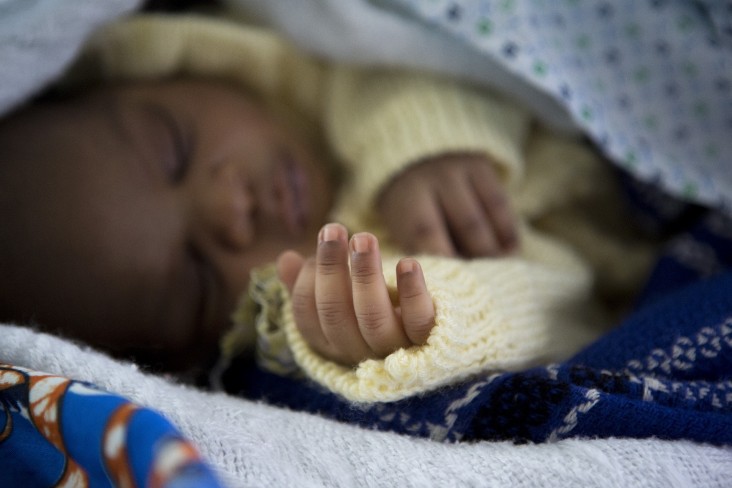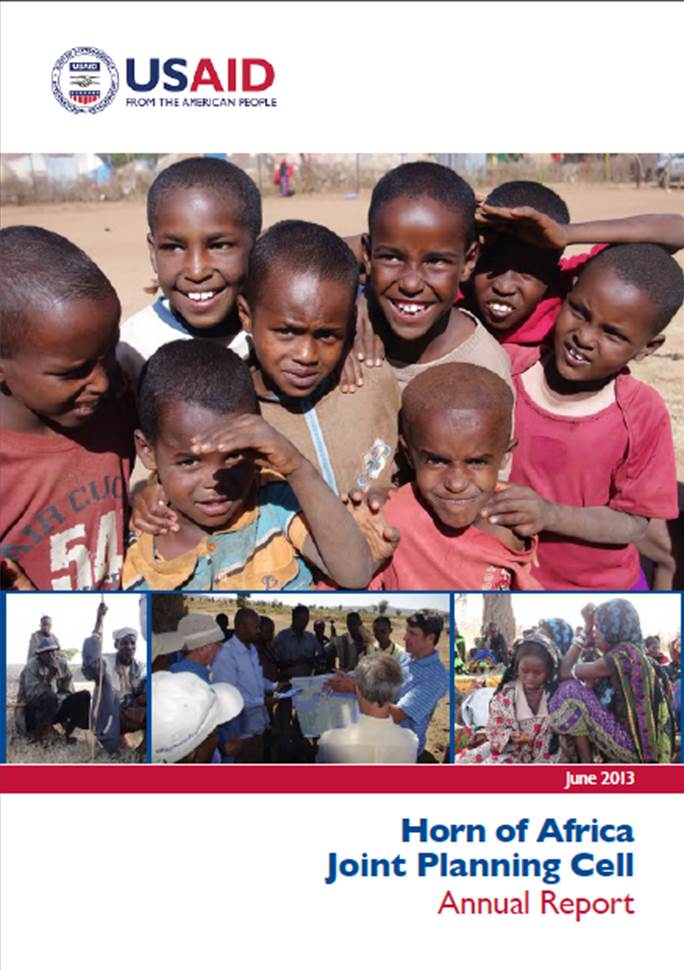Speeches Shim

USAID works in the East Africa region to mitigate cross-border conflict and provide humanitarian and food assistance to communities experiencing disaster, conflict, or food insecurity.
Conflict Mitigation
The East Africa region contains several fragile or weakly governed states. These states are vulnerable to emerging violent ideologies and conflict over natural resources. We help create strong regional frameworks for conflict mitigation. Our work focuses on strengthening the capacity of African institutions and addressing cross-border security problems.
Our regional, cross-cutting interventions better addresses the root causes of instability. USAID supports the development of strategies and structures that prevent and respond to violence. We also improve early warning systems and support local and national leadership.
Humanitarian Assistance
USAID works with the United Nations (UN) and local partners to provide humanitarian assistance and build the resilience of vulnerable populations for future crises. USAID supports humanitarian efforts throughout the region. We address food needs in Central African Republic, Chad, Republic of Congo, Djibouti, Kenya, Rwanda, Somalia, and Tanzania. We also provide technical support in Burundi, The Democratic Republic of Congo, Ethiopia, South Sudan, Sudan, and Uganda.
Food insecurity is particularly challenging in this region due to recurrent widespread violence and internal displacement. The increased prevalence of natural disasters also adds complexity to the region. USAID humanitarian and food assistance programs address acute hunger. They reach food-insecure people affected by conflict and displacement. This includes groups like refugees, internally displaced persons (IDPs), returnees, and host communities.
Humanitarian and Food Assistance support includes:
-
Distribution of emergency relief supplies
-
Interventions to increase access to critical health, nutrition and water, sanitation, and hygiene (WASH) services
-
Provision of protection assistance
Food Assistance
USAID's Regional Office of Food for Peace (FFP) supports or directly manages food assistance operations in East and Central Africa. Humanitarian needs - specifically food insecurity - in this region have been rising at an unprecedented rate due to cyclical drought, political insecurity, prolonged conflicts, environmental degradation and disease outbreaks.
FFP works with the United Nations (UN) and non-governmental organizations (NGOs) to provide relief and build resilience to chronic shocks among the most vulnerable populations in the region. Programs also aim to reach food-insecure people affected by conflict and displacement, including refugees, internally displaced persons (IDPs), returnees and host communities.
FFP staff directly manage food assistance programs in eight countries in the region (Central African Republic, Chad, Republic of Congo, Djibouti, Kenya, Rwanda, Somalia, and Tanzania) and provide technical support to six countries that have FFP staff in-country (Burundi, The Democratic Republic of Congo, Ethiopia, South Sudan, Sudan and Uganda).


Comment
Make a general inquiry or suggest an improvement.